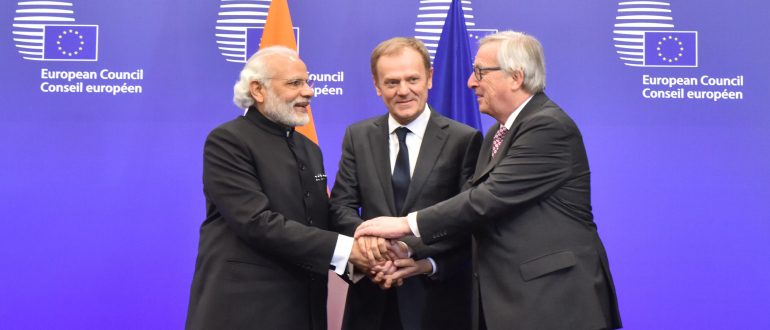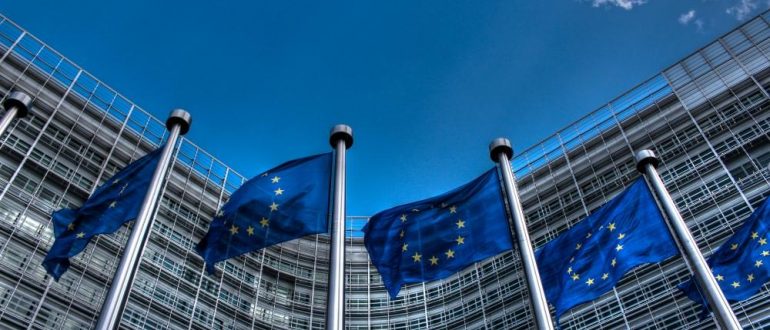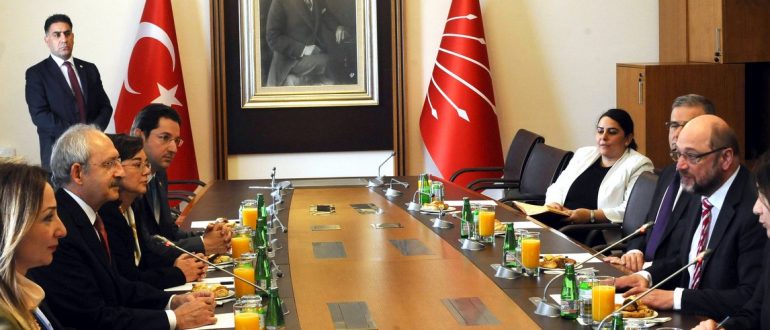The EU at odds with Croatia
By finally granting Croatia full membership, the EU proved how its values are all too imperative for the development of safety and economic prosperity in the region. The EU should now also have the courage to admit Croatia to the Schengen area – despite the current crisis of confidence
Croatia as a gate to European security
Croatia’s job is yet to begin after accession to the EU. One of the main objectives is the signing of the Schengen Agreement. On the one hand, issues such as human trafficking and prostitution in Southeastern Europe render Croatia an important partner of the EU. On the other hand, the current governing political elites disappointed some expectations with the so called “Lex Perkovic”. Perkovic was suspected of being involved in the murder of a Croatian immigrant in Germany in 1983, but the government introduced a new law a couple of days before entering the EU, which protected Perkovic from extradition. This has provoked fierce criticism by the European Commission and questioned the goal of integrating Croatia to the Schengen Area by 2015. The problem now is that Croatia’s enormous progress might be overshadowed by this affair – after all, trust is not easy to restore.
A lack of mutual trust
One should be reminded of the case of Bulgaria and Romania which, even after six years of EU membership, do not meet one of the most important criteria for accession to the Schengen Area. It is obvious that a similar fate should not befall on Croatia. Croatia has been systematically fighting against corruption due to the requirements of the EU, but also due to the interest of the citizens in regaining their trust in political institutions. According to Transparency International, perception of corruption in the judiciary is lower than in Lithuania or Bulgaria. Acta, non verba, there is a large number of solved cases of corruption at Croatian courts.
The progress is also evident in other segments of society: The City of Zagreb invests 1,3 million euros per year in the work of regional councils that include all major minorities. Education is spreading all over the country, mobility is increasing and the will for democracy has never been more pronounced.
Although one can feel a particular lack of trust in the current government, Croatia is much more than its Elite. There is a growing number of academically educated young people who want their European neighbors and themselves to be safe. Consequently, it is to have this safety, as the main objective of the Schengen Agreement, finally and in full brought to this new part of the EU. Or all of this is still not going to be enough for the European Union?
Ivan Matanovic and Jelena Jaksic
Jelena Jaksic is a TV presenter and producer at the Jakuba TV station. Economist Ivan Matanovic works for the Zagreb Initiative – the first Croatian think tank on Social Market Economy.



